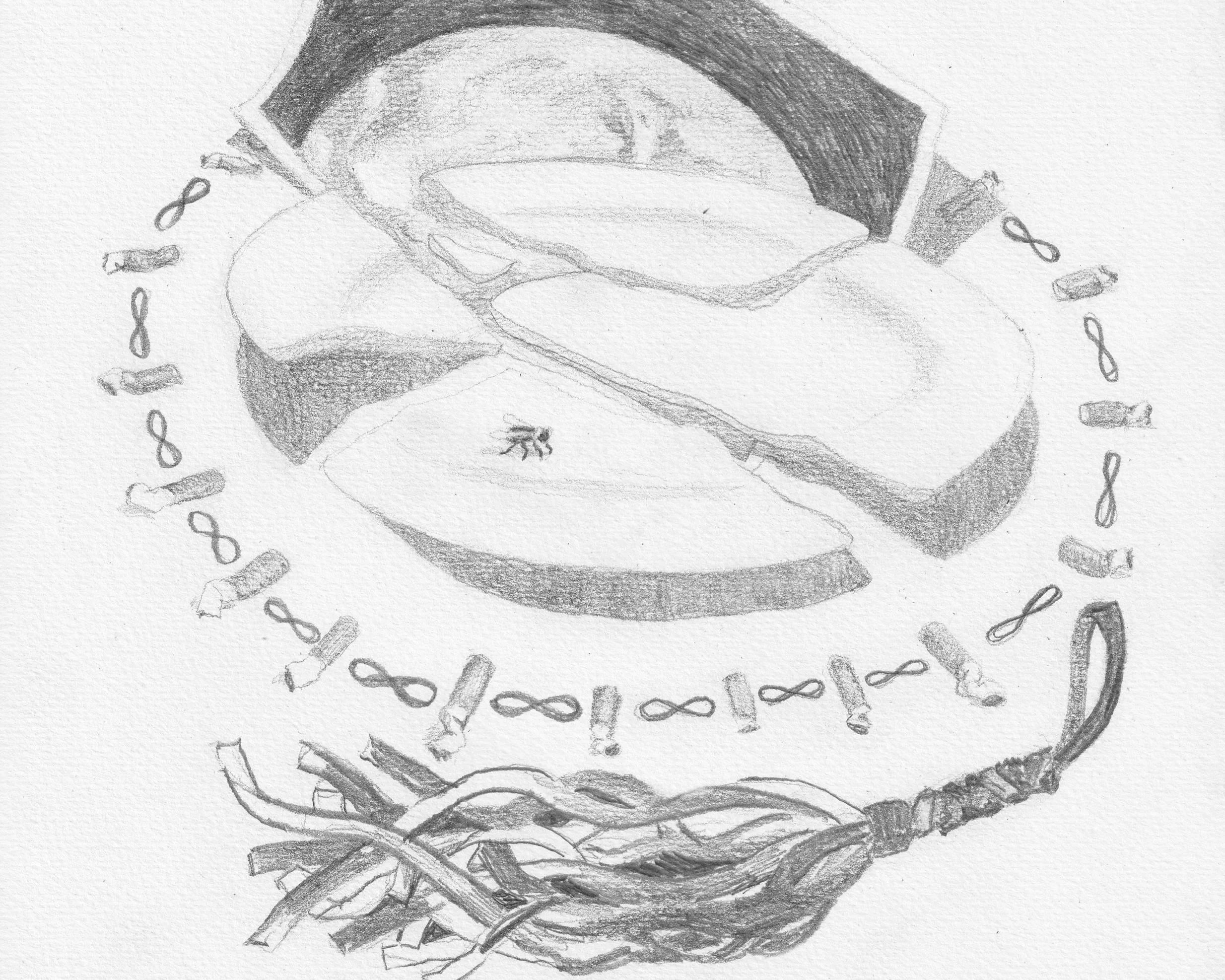Intimacy and Opacity: Feminist Research across Writing, Curating and Archiving, with Laura Guy and Nydia A. Swaby
What to include and what to leave out? What to make visible and what to withhold? Questions of inclusion and exclusion, visibility and confidentiality are central to feminist work across writing, curating, and archiving. While the urge to bring to light formerly overlooked lives and practices is fundamental to feminist research, concerns about the ethics of custodianship and the violence of archival capture add complexity to this drive to visibility.
In this afternoon reading and discussion session, Laura Guy and Nydia A. Swaby draw on their work across biography and life writing, art criticism, curating and archiving, reflecting on how they have grappled with issues of confidentiality and opacity. They touch on the subjective, auto-ethnographic and relational nature of feminist research, of the friendships formed, and the allies, past, present, and future, who sustain this work.
For Guy, who curates and writes about lesbian-identified photographers who were active in the 1970s, 1980s and 1990s, questions of visibility are complex, given that these photographers often produced imagery as part of sexual cultures that was not intended for the mainstream gaze.
For Swaby, researching the scattered and incomplete archive of Pan-Africanist and feminist Amy Ashwood Garvey brought questions of intimacy and confidentiality to the fore. Ashwood Garvey’s life story also reflects issues that Swaby herself has encountered, from limited funds and partial access to resources, to the importance of the work and support of other Black feminist scholars.
Format
The event will take place in two parts: we will start with introductions to the session and group, out loud readings. After a short break, in the second half of the meeting Laura and Nydia will explore their work with photographs.
Together we will read out loud from recent writing by Guy and Swaby. The authors will also reflect on some of the dyke and Black feminist writers who have shaped and inspired their work.
We will also look at photographs from Guy and Swaby’s practices: by the photographers that Guy has worked with, and from Amy Ashwood Garvey’s archive, presented in dialogue with Swaby’s own photographs made during her research into Ashwood Garvey’s life.
Readings
Together we will read:
Laura Guy,:
Dyke Research: Incomplete Research,’ The Yellow Paper, Journal of Art Writing, Issue 4, Autumn 2023
‘Nonsynchronous Nudes,’ in PHyllis Christopher, Dark Room: San Francisco Sex and Protest, 1988-2003, ed. Laura Guy, Book Works, London, 2022
‘The Queer Work of Photography / La fotografía como trabajo queer,’ Exit (96). pp. 7-15, 2024
Nydia A. Swaby:
selections from Amy Ashwood Garvey and the Future of Black Feminist Archives, Lawrence & Wishart, 2024
Link to readings here.
There is no need to read text selections in advance as we will do so together out loud during the session.
Bios
Laura Guy is a writer and curator who is currently Reader in Gender, Sexuality and Culture at the Glasgow School of Art. Her research on queer and feminist visual culture includes editing Phyllis Christopher’s artist book Dark Room: San Francisco Sex and Protest, 1988-2003 (Book Works, 2022) and co-editing Queer Print in Europe (Bloomsbury Visual Arts, 2022). With Fiona Anderson, Flora Dunster and Theo Gordon she co-edited a recent issue of British Art Studies on Queer Art in Britain since the 1980s.
Nydia A. Swaby is a Black feminist, artist, researcher and curator. She is currently Curatorial Fellow at Royal Museums Greenwich and serves on the editorial board of Feminist Review. Her book Amy Ashwood Garvey and the Future of Black Feminist Archives (Lawrence & Wishhart, 2024), charts her process of piecing together a biography of the Pan-Africanist and feminist from her scattered archive, and reflects on the future of Black feminist archival practice.
Join Us
Reserve a free place here. You will receive readings in advance. Please bring copies with you as we will read together during the session.
Access
The CCA galleries are wheelchair accessible.
Please note that the Feminist Duration Reading Group (FDRG) session does not have formal access support in place.
We are keen to support visitors with any specific requirements regarding their attendance. If you would like to request assistance or discuss access, contact the CCA office; goldsmithscca [@] gold.ac.uk or FDRG feministduration [@] gmail.com
Feminist Tools for Working Across Difference
‘Intimacy and Opacity’ launches a new strand of the Feminist Duration Reading Group, ‘Feminist Tools For Working Across Difference,’ funded as a training programme by the CHASE PhD Consortium. This series is a collaboration between feminists teaching at Goldsmiths, the Courtauld Institute, Birkbeck, and Sussex University.
Image: courtesy of Nadia A. Swaby



